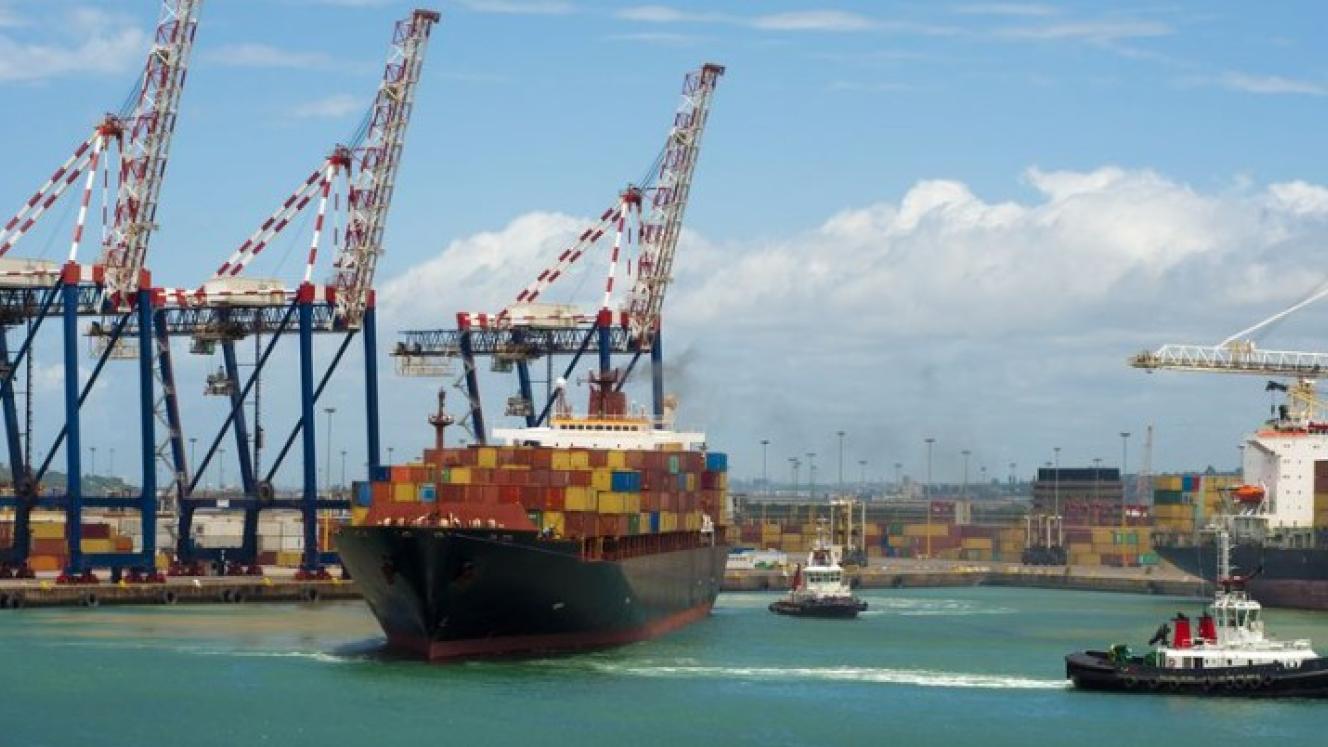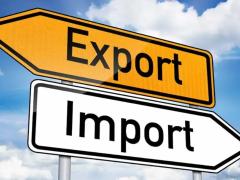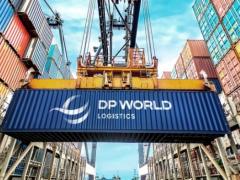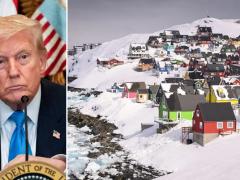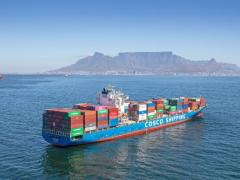The US Court of Appeals for the Federal Circuit has temporarily reinstated President Donald Trump’s contested tariffs, blocking a lower court’s decision on Wednesday which ruled that his measures exceeded presidential authority.
The appeals court in Washington handed down the interim ruling on Thursday without providing reasons, giving the plaintiffs until June 5 to file responding papers.
The ruling followed an emergency motion by the Trump administration, which argued that a halt in tariffs would be “critical for the country’s national security”. The White House welcomed the development, signalling that it remained committed to the tariff policy.
“You can assume, even if we lose tariff cases, we will find another way,” said trade adviser, Peter Navarro.
The Wall Street Journal reported on Thursday night that the administration was considering imposing tariffs of 15% for 150 days on key trading partners under a rarely used provision of the 1974 Trade Act.
According to the report, the move would buy time for the administration to craft individual tariffs using a separate provision of the same law targeting unfair trade practices. It said discussions at the White House were ongoing, and the measure would likely strengthen the legal foundation for the tariffs, although the process would be complex and time-consuming.
The US Court of International Trade ruled on Wednesday that Trump’s tariffs – imposed under the International Emergency Economic Powers Act (IEEPA) – were unlawful. The court found that the IEEPA, typically invoked for national emergencies, did not authorise tariffs intended to address the national debt or trade imbalances.
Despite the temporary stay, trade experts have noted that the administration’s tariff strategy faces significant legal challenges.
“If the trade court’s decision is upheld, importers should eventually be able to get a refund of [IEEPA] tariffs paid to date. But the government will probably seek to avoid paying refunds until appeals are exhausted,” lawyer Peter Harrell posted on X (formerly Twitter).
The trade court did not rule on tariffs imposed under other statutes, such as the 1962 Trade Expansion Act, which the administration has used to target steel, aluminium, and automotive imports.
Meanwhile, the administration has signalled potential new tariffs on Chinese pharmaceuticals. In April, the White House announced that the Department of Commerce had launched an investigation into whether US reliance on Chinese active ingredients in key medications posed a national security threat.

